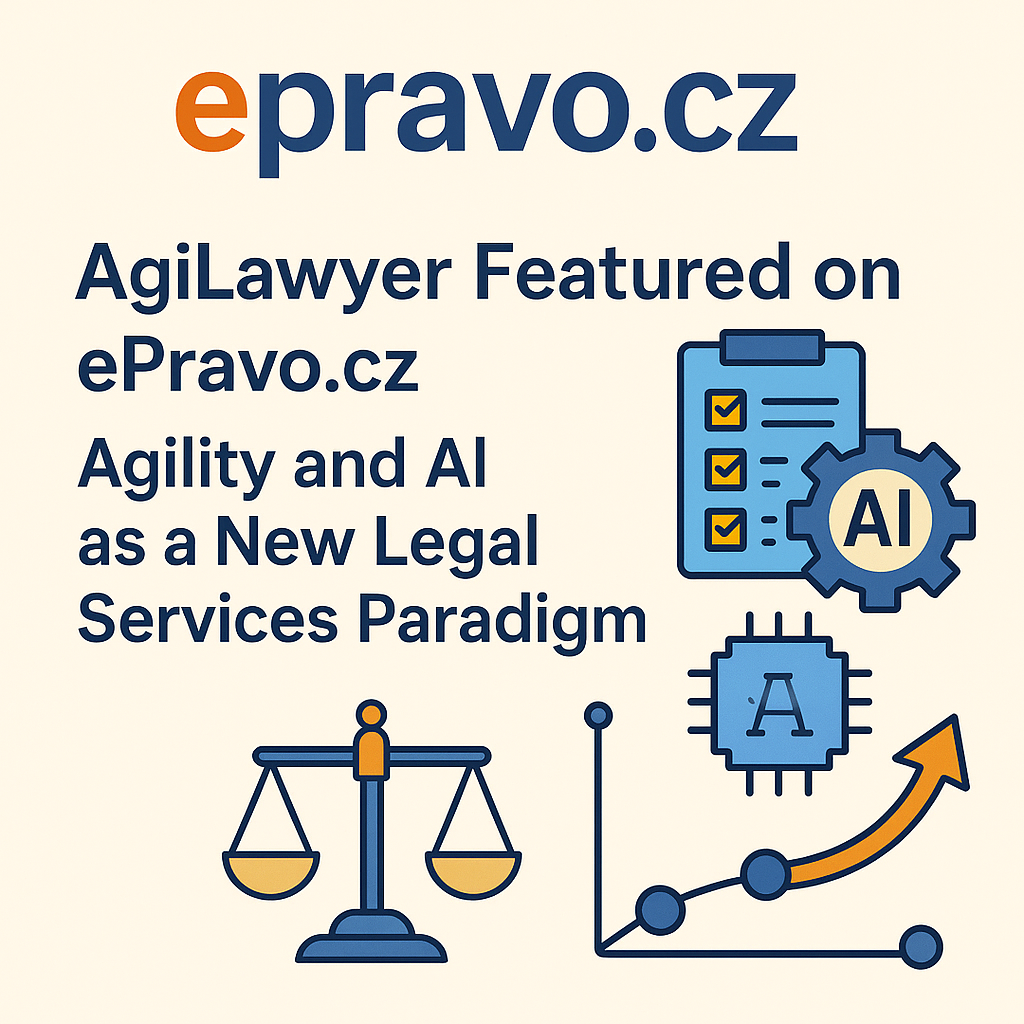Legalmondo—AI in Practice— Insights from The Switzerland

As part of the Legalmondo Conference in Baden, AgiLawyer facilitated a hands-on workshop designed to equip lawyers with practical strategies for combining Agile methodologies and AI tools. The session emphasized how legal professionals can modernize processes, enhance client service, and prepare for a more technology-enabled future.
1. Why Agility Matters for Legal Teams
Agile thinking is no longer confined to software development. For law firms, it provides a proven framework to boost adaptability, efficiency, and profitability. Studies show that firms prioritizing agility and innovation can be up to 1.6 times more profitable than peers.
Through interactive exercises—including the Ball-Point Game and Paper-Airplane Simulation—participants explored how better communication, iteration, and collaboration can unlock innovation inside legal teams.
2. AI in Practice: Current State and Opportunities
The workshop also examined how legal professionals are engaging with AI. While only 19% currently use AI tools, more than 70% plan to adopt them within the next year, with the strongest interest in:
- Document drafting and review
- Compliance checks
- Scheduling and data management
- Legal research and analysis
Participants reflected on their own readiness, from basic familiarity to advanced applications, and discussed specific challenges AI could address in their firms.
3. Practical Applications and Live Demonstrations
A central feature of the workshop was showing how prompting techniques can transform everyday legal tasks. Demonstrations included:
- Document organization — categorizing, tagging, and standardizing legal files.
- Drafting support — contracts, leases, NDAs, wills, and powers of attorney.
- Review and editing — improving clarity, structure, and tone in legal texts.
- Client communications — simplifying explanations of processes and fees.
- Legal research — summarizing rulings, analyzing precedents, and comparing multiple cases.
Each example reinforced that clear, contextual, and specific instructions are key to unlocking AI’s potential.
4. Takeaways for Legal Professionals
Participants left with actionable insights on how to:
- Identify routine, repetitive tasks best suited for automation.
- Combine Agile workflows with AI adoption to improve outcomes.
- Pilot new tools in a controlled, low-risk way.
- Maintain client trust and ethical standards while innovating.
Looking Ahead
The Baden workshop highlighted a crucial message: digital transformation in law is not only about tools, but also about mindset. By blending agility with practical AI adoption, legal teams can enhance efficiency, strengthen client relationships, and remain competitive in a rapidly evolving landscape.
Through the Legalmondo network, these insights are being shared more widely—encouraging collaboration and inspiring innovation across borders.





